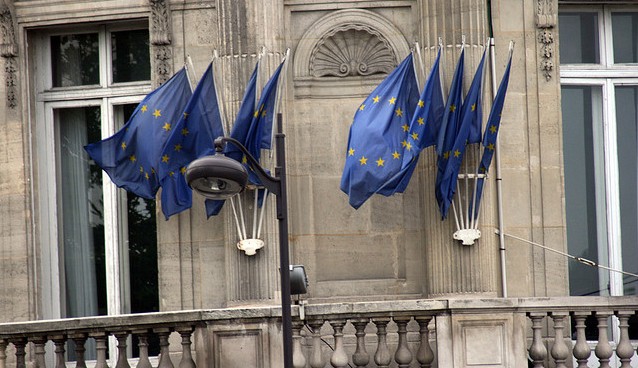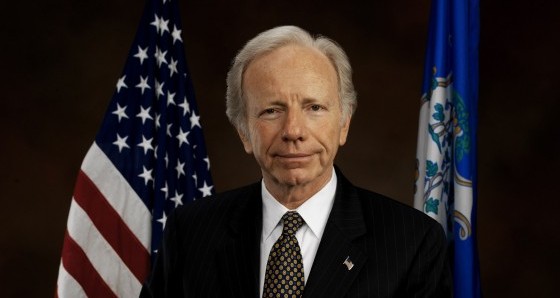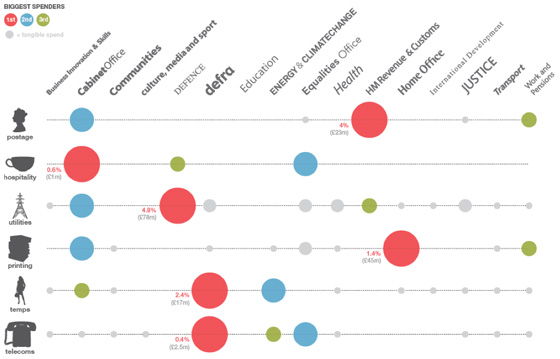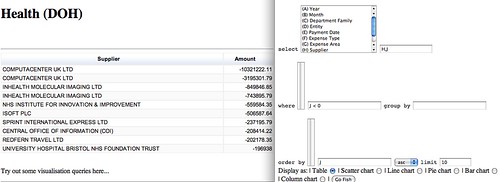This article was first published by the European Journalism Centre and is reposted here with permission.
WikiLeaks spin-off Brussels Leaks launched out of the blue last Thursday to much excitement in the European capital and Twittersphere beyond.
The European Journalism Centre’s exclusive email interview with an anonymous representative is amongst the very first media contact with the fledgling European whistleblower organisation.
 Image by quinn.anya on Flickr Some rights reserved.
Image by quinn.anya on Flickr Some rights reserved.
Why did you feel the need to set up a Brussels/EU focused Wikileaks spin-off? What do you want to achieve?
We have all worked in Brussels for a while and have constantly seen, or heard about, documents floating around which ‘would be great if they could get out in the open’. People didn’t know how to do this most of the time. In our day jobs we did this, using our networks and contacts, but there were a lot of limits. Having personal connections with ‘people in the know’ means their jobs could be on the line if we revealed the information.
Brussels has more than 15,000 lobbyists attempting to have an impact on international decisions. It’s naïve to think things do not happen behind closed doors (such as European President Barroso attending a Plastics lobby dinner – weird?).
This isn’t really for media as much as to help society, and perhaps namely civil society, get their hands on the right information to make their jobs easier.
What do you plan to focus on?
Obviously it’s EU focused which is as broad as you can get. At the moment we try the best with what we get, but obviously anything social or environmental takes priority. We’ll see.
Can you give us a clue as to what leaks, if any, you have in the pipeline?
Transport and energy.
What kind of people have/will leak information on the EU to you? What are their motives?
We meet people all the time working for EU institutions, lobby and industry groups and even NGOs who want to get information out there. They’re often good people who see something they know is wrong, and want to get it known whilst keeping hold of their jobs.
Do you have any direct connections/contact with WikiLeaks? Have they or similar whistleblowing/hacker organisations been in contact with you, or given you advice or assistance?
No, not yet but we are very open to advice and assistance.
What has been the response so far to Brussels Leaks from the institutions/organisations you plan to ‘leak’ information about?
Very quiet publically but we have heard they have at least half an eye on us.
How do your security and technical capabilities match up to the organisations who may try to stop you?
At the moment, it’s hard to tell. We’re not really anticipating in the short-term anything which would put us under the kind of pressure WikiLeaks witnessed, as many of the leaks we have so far are quite low key. This is Brussels after all. Of course we want to build, improve and develop over time – we have a plan and we won’t overstep our capacities.
Is there anything you would not publish?
We are a small group of people who will try to work to a moral code. We’re not interested in gossip or slander. We are doing this because we want to get important information out in the open, but if it looks to endanger somebody, i.e. lives or jobs, then we will not. We also have high level media contacts outside of this who we can refer leaks onto. We’re not here to get publicity, just to get the information out there.
Are any of you journalists?
Yes, all are either journalists or working in communications capacities in Brussels.
What is your code of ethics?
Obviously as we are staying anonymous we need to build credibility and a reputation. We will always be truthful, accurate, and fair and want to hold everything up to public accountability.
What can people do to get involved with Brussels Leaks?
We particularly need technical help, which is always appreciated. Otherwise, we’d just want people to be patient with us. We’re probably not going to bring down EU global diplomacy or anything like that, so we just need time.




